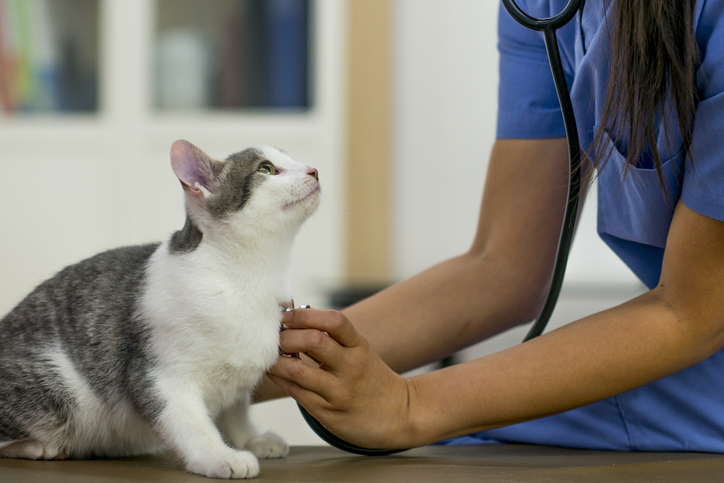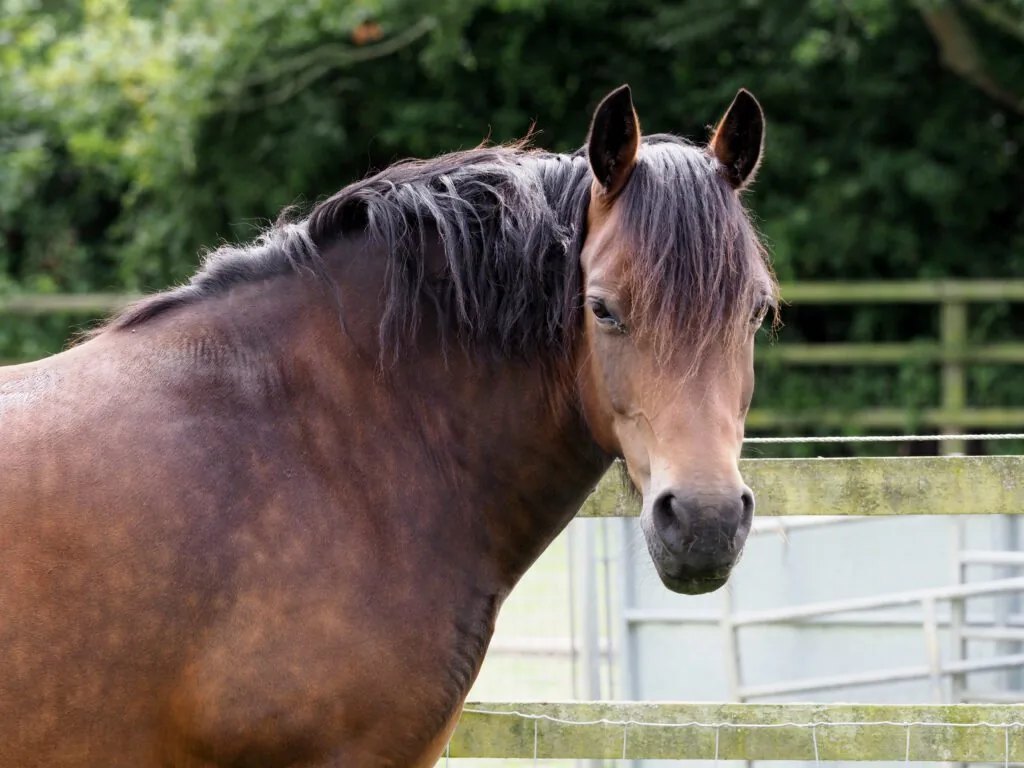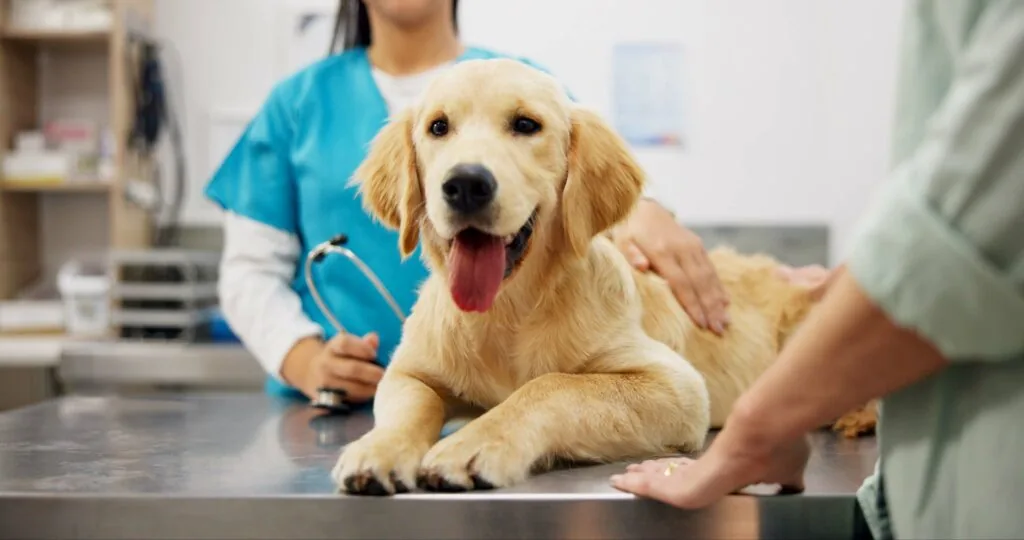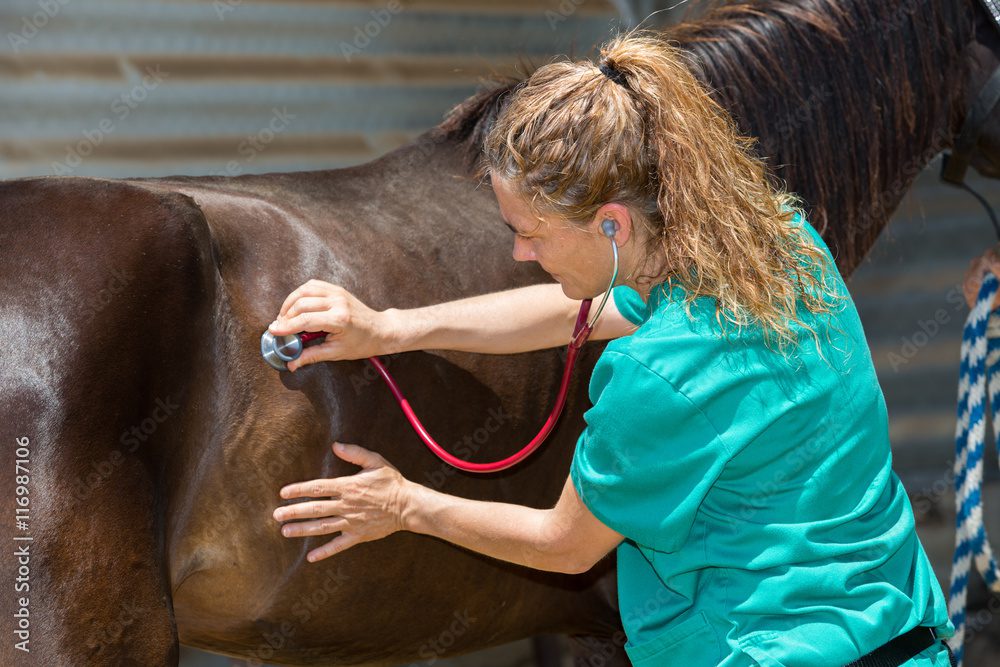Cat Heart Failure: What Cat Owners Need to Know in Bowling Green, KY
Pet parents need to know the symptoms of heart failure in their cat. Detecting heart failure early on can increase your cat’s quality of life, as well as their lifespan. This condition can appear at any time of life, but it is more common in older cats.
There are numerous symptoms of cardiac disease that cat parents sometimes miss because their pets are often good at hiding their pain. They may hide or stop eating, but other symptoms are usually present. If you see any changes in your cat that are concerning, take them to see the veterinarian right away. Read this article to learn about cat heart failure and what you can do to help as their owner.
What is Heart Failure in Cats?
Heart failure is a broad term for a group of illnesses that make the heart stop functioning correctly. This condition can take time to progress, but eventually the heart structures gradually decline and in some instances it can stop working. Heart failure arises when the heart does not push the blood through the body the way it is supposed to. It can affect cats, similar to how it affects humans. It’s so important to be aware of the symptoms and contact your veterinarian so your pet can get the appropriate treatment.
What Are the Indicators of Heart Failure in Cats?
There are a plethora of signs of heart disease in cats. Cats can be good at hiding their suffering, which means you need to be aware of the possible symptoms. If you see some of the subsequent signs in your cat, you should get them to the vet immediately:
Heart Murmur
When the heart loses its capacity to push blood properly, the cat’s heartbeat goes into an abnormal pattern known as a murmur. The murmur is typically found during examination.
Vomiting
Cats will sometimes vomit when they have congestive heart failure. They may be responding to a food sensitivity they are experiencing due to a lack of appetite. Cats could also be vomiting due to respiratory distress.
Depression
If your feline is not responding to you the way they usually do, or if they are suddenly less affectionate, they may depressed. Another sign of depression is if they start to hide more frequently than usual.
Weakness
Your cat may be napping more than usual, or they may not be able to play the way they used to. They may also be winded after just a short period when they exercise due to weakness.
Poor Circulation
You may notice that your cat’s paws are cold, or they may have grayish-blue colored gums. Poor circulation in cats can be indicative of heart disease.
Loss of Appetite
Sometimes heart issues can make cats nauseous. They may be experiencing tummy troubles that can cause appetite loss. Your cat may lose their appetite altogether.
Weight Loss
Weight loss is a sign of a serious medical issue. Weight loss can be due to loss of appetite and in general, can be a sign of heart disease.
Heavy Breathing
The most significant indicator of heart disease in cats is heavy breathing. There is fluid in or around the cat’s lungs due to impaired heart functioning. They may also be using their stomach muscles to breathe.
Enlarged Belly
The heart, liver, and kidneys are components of the circulatory system. If the circulatory system is not working properly, a swollen belly may indicate that your cat is suffering.
Pulmonary Edema
Pulmonary Edema is a condition when there is a lot of fluid in the lungs. This is typical when cats have heart failure in the left ventricle. The condition is also known as “Water in the lungs.”
What Are the Causes of Heart Disease in Cats?
There are different causes and conditions to cat heart disease. The main ones are listed below.
Hypertrophic Cardiomyopathy
The most frequent cause of heart failure in cats is hypertrophic cardiomyopathy. It precipitates the thickening of the walls of the myocardium and impedes proper blood flow to the cardiac system. Many cats develop heart failure from degenerative changes triggered by diseases of the heart valves.
Inherited Heart Disease
A cat who has an inherited disorder has had it since birth. Inherited conditions are rare, except when they are breed-associated heart disorders.
Acquired Heart Disease
Acquired heart disorders tend to be caused by different conditions that cats struggle with. Listed below are the main conditions that are associated with heart failure in cats:
- Hyperthyroidism
- Congenital deformities of the heart
- Heartworm disease
- Tumors in the heart
- Blood clots within heart structures
- Inflammation of the heart valves
- High blood pressure
- Fluid retention in the pericardial sac
- Pregnancy
What Type of Heart Conditions Occur in Cats?
Hypertrophic cardiomyopathy is a disease that comes in two forms. The two primary forms of cardiomyopathy include:
Dilated Cardiomyopathy
This is when the heart muscles weaken, and the heart becomes enlarged. The heart muscle cannot contract efficiently. If it is found early enough, dilated cardiomyopathy can be treated with dietary supplementation.
Restrictive Cardiomyopathy
Restrictive Cardiomyopathy doesn’t have established causes or existing treatments. Although, it has been seen that the heart chambers do not fill normally.
What is Treatment for Congestive Heart Failure in Cats?
Treatment for congestive heart failure depends on your cat’s overall state of health. An early diagnosis will tend to lead to a better outcome. If your cat has fluid in their chest or belly, fluid removal will be performed to make their breathing lighter and more effortless.
With congenital heart failure, surgery may be necessary to purport the proper blood flow within the heart. The veterinarian will typically prescribe medications to help sustain a stable cardiac output and prevent fluid retention. You must also feed them specially formulated food for cats with heart issues. Talk to your veterinarian about which food would be best for your cat.
Contact Your Veterinarian if Your Cat Has Heart Failure
As you can see, heart failure is a serious issue among the feline population. As a cat owner, you must know what to watch out for as far as this illness is concerned. If your cat is suffering with heart conditions, contact Southcentral Veterinary Services in Bowling Green, KY by calling (270) 282-2564. Our team is here to help your fur baby and provide the best treatment.
Share This
Recent Posts
About Southcentral Veterinary Services
Southcentral Veterinary Services is here to ensure that you and your pet can access a variety of high-quality, progressive medical services. Our aim is to serve our patients and clients with integrity, compassion, and a focus on being your primary family vet.




